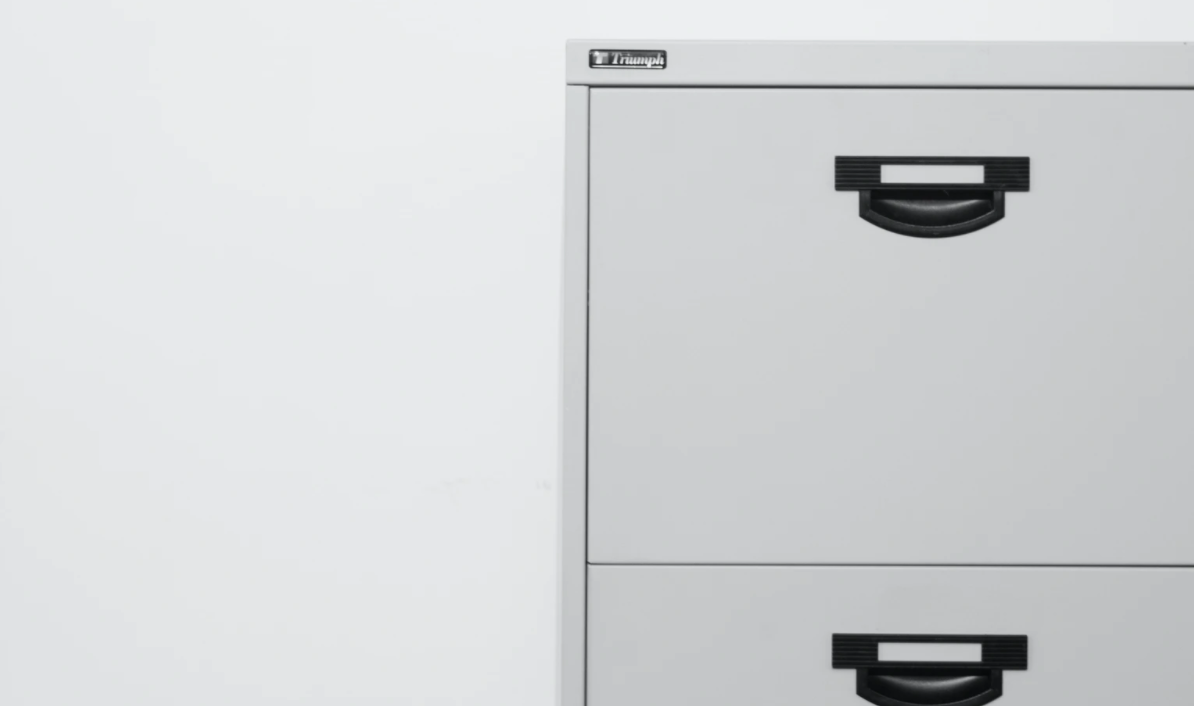A lot goes into running a business, small or big. And record-keeping is one of those responsibilities. It’s not easy, and you may not find it “fun,” but it is a vital piece of your business. If you’re a mobile home investor – whether you flip the homes or own an entire park – you’ll have to learn to keep records.

Today we’re bringing you this quick start guide to record keeping so you can stay on top of your business and set yourself up for long-term success.
What do we mean by record keeping?
Right off the bat, let’s clear something up: record keeping doesn’t necessarily mean bookkeeping. If you want to keep your own books, that’s great! But, if you prefer, you can hire a professional bookkeeper or accountant to handle those business responsibilities for you. In this article, we’ll be focusing on keeping a running record of purchases, inventory, and other expenses.
Maybe you intend to bookkeep for yourself. Or maybe you’re determined to send off the information you record to another person to set in order. Whichever route you choose, you’ll need to have a basic understanding of what records to keep. Recording information will help your business run smoothly. So in the future when you need to file taxes, get a business license, or do any of a number of other business tasks, you’ll have the information you need to get the job done right.
Keep track of expenses and purchases
At the most basic level, you need to keep a record of every penny that goes out of your pocket. This is called “capturing” information. Get into the habit of capturing all of your information, because this doesn’t just go for purchases and expenses, but for everything that has to do with your business.
For example, when capturing info on purchases, keep every invoice, receipt, and account statement. Folders are your best friend! At this point in the process of record-keeping, all you need to do is have a file folder and a few paper clips. Also, if necessary, screenshot important information online and keep it in a digital folder on your computer.
Recording inventory

Not only do you need to record what goes out of your pocket, but you also need to capture what comes in. If you’re a mobile home investor who buys and sells homes, you’re dealing with inventory just like a clothing business or a car dealership is. Say you have a total of ten mobile homes in stock. For each of those pieces of “inventory,” it is important that you keep a close record of the following:
- When you bought the mobile home
- How you acquired it
- The purchase price
- A detailed list of how much money you spent fixing or moving it
- How much you sold it for
- When you sold it.
If you are a mobile home park owner or are renting out mobile homes, this process of keeping track of the money matters will look a bit different. However, the principle is the same: keep a record of how and when you acquire money, whether that be from renting or selling off old assets.
Keeping a record of travel expenses
This might seem like a no-brainer, but it’s the easiest part to forget! Investing in mobile homes and parks often takes up a lot of travel time. Sometimes it’s just across town to check up on a piece of land. Or sometimes it’s to another state to check out a good deal on a mobile home you want to flip. Think of this time as not just travel time but time spent “on the clock.”
Just because you work for yourself doesn’t mean you can skip this part. Keep close track of the time you spend on the road and count it as an expense.
Creating easy-to-access records
We already mentioned keeping a folder (or several) as an excellent way to start record-keeping. But there are other tools you can use to make the job even easier.
Tools for record-keeping

Every other week, you should be able to sit down, open your records, and check them quickly and efficiently. That way, they’ll be ready when you need them. But what tools will help you accomplish this?
Using a simple notebook to jot down notes is invaluable. Don’t worry if your entries are messy. You can always transfer them to a digital document later. Google is a great (and free!) online resource that’s perfect for keeping records. You’ll find that Google Drive, Google Docs, and Google Sheets will be extremely helpful for record-keeping at a basic level. The best part is, you’ll never lose your records because they’re in the cloud.
A popular bookkeeping software is Quickbooks, a user-friendly program that lets you manage everything from inventory to bills. It does come with a price tag, but it might be cheaper than hiring another person, so that’s a win!
When in doubt, consult an expert
We’ve just uncovered the tip of the recording-keeping iceberg. There are many more things to know about record keeping as a responsible small business owner. We encourage you to reach out to a professional with your questions.
If you’re interested in starting your mobile home investment business on a solid foundation, check out Launchpad: The Mobile Home Investor’s Startup Guide.


